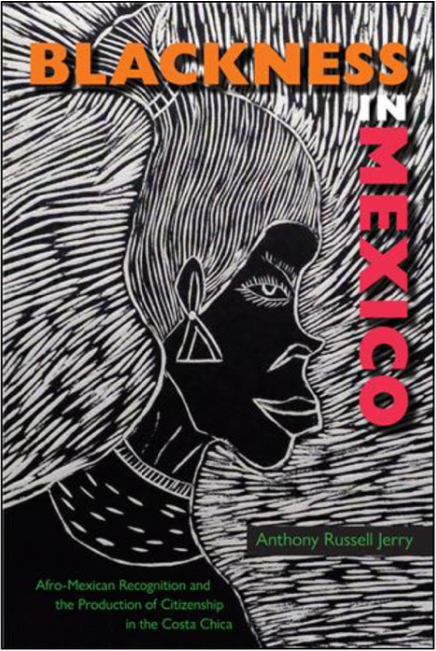Blackness in Mexico
Breve Descripción
El estudio de Jerry sobre la Costa Chica muestra los intereses políticos del proyecto nacional para el reconocimiento de los negros; los intereses compartidos pero contrapuestos del gobierno mexicano, los activistas y la gente del pueblo; y las formas en que el estado y las ONG están trabajando para hacer de lo “afromexicano” una categoría cultural oficial. Argumenta que la demanda de reconocimiento por parte de las comunidades negras llama la atención sobre cómo el mestizo se ha convertido en un punto de referencia intuitivo para identificar quién califica como “otro”.
Breve descrição
O estudo de Jerry sobre a Costa Chica mostra os interesses políticos do projeto nacional de reconhecimento dos negros; os interesses compartilhados, mas conflitantes, do governo mexicano, ativistas e habitantes da cidade; e as formas como o Estado e as ONGs estão trabalhando para tornar o “afro-mexicano” uma categoria cultural oficial. Ele argumenta que a demanda por reconhecimento pelas comunidades negras chama a atenção para como o mestiço se tornou uma referência intuitiva para identificar quem se qualifica como "outro".
Full description
An up-close view of the movement to make “Afro-Mexican” an official cultural category
“A robust, compelling engagement with ideas about and the existence of Blackness in modern Mexico and its vexed relationship to contemporary Mexican citizenship.”—Herman L. Bennett, author of Colonial Blackness: A History of Afro-Mexico
Through historical and ethnographic research, Blackness in Mexico delves into the ongoing movement toward recognizing Black Mexicans as a cultural group within a nation that has long viewed the non-Black Mestizo as the archetypal citizen. Anthony Jerry focuses on this process in Mexico’s Costa Chica region in order to explore the relational aspects of citizenship and the place of Black people in how modern citizenship is imagined.
Jerry’s study of the Costa Chica shows the political stakes of the national project for Black recognition; the shared but competing interests of the Mexican government, activists, and townspeople; and the ways that the state and NGOs are working to make “Afro-Mexican” an official cultural category. He argues that that the demand for recognition by Black communities calls attention to how the Mestizo has become an intuitive point of reference for identifying who qualifies as “other.” Jerry also demonstrates that while official recognition can potentially empower African descendants, it can simultaneously reproduce the same logics of difference that have brought about their social and political exclusion.
One of few books to center Blackness within a discussion of Mexico or to incorporate a focus on Mexico into Black studies, this book ultimately argues that the official project for recognition is itself a methodology of mestizaje, an opportunity for the government to continue to use Blackness to define the national subject and to further the Mexican national project.
Social science
otras áreas de / interés...
other areas of / interest...
outras áreas de interesse...
¿Buscas un título en un área específica?
¿Buscas un título en un área específica?
¿Buscas un título en un área específica?














